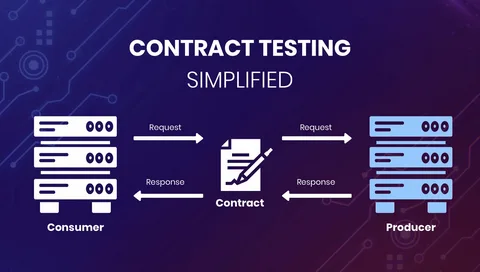What Can Make Your Career Successful In IT Support Jobs?
Individuals with a passion for technology get exciting opportunities in IT support jobs. The demand for skilled IT support professionals is on the rise. The diverse range of IT support positions available in the industry. Each role plays a crucial part in maintaining and enhancing an organization’s IT infrastructure, from help desk technicians to systems administrators. IT Support is a vast and vital part of the IT/Tech industry. All businesses, whether giant corporations or small businesses, need IT Support. The article guides individuals considering a career in IT support, providing insights into the diverse opportunities, required skills, and common questions about IT Support Jobs.
Essential Skills for a Successful IT Support Career:
Emphasize technical skills, such as troubleshooting and system administration, and soft skills, like communication and customer service. You must know the importance of staying updated with the latest technologies to excel in the ever-evolving IT landscape. There are a range of IT roles, and one differs from the other.
Educational and Certification in IT support:
Examine the educational and certification options available for aspiring IT support professionals. The relevance of computer science, information technology degrees, or certifications like CompTIA A+, ITIL, and Microsoft Certified: Modern Desktop Administrator Associate. Guide on choosing the right path based on career goals and interests.
Tips & Tricks:
The practical advice for individuals entering the job market or transitioning into IT support. You must understand the importance of building a solid resume, showcasing relevant skills, and networking within the industry. Provide insights into the interview process and how to make a lasting impression on potential employers.
Types of IT Engineers:
There are three types of IT support engineers:
1st-line Support,
which directly deals with the client. An IT support technician is one example of someone who diagnoses hardware or software issues.
2nd line support
dealing with the technical issues and those above from the hands of 1st line IT support Jobs. They are the ones who have more detailed knowledge about the field.
3rd line support
who are the most seniors with technical knowledge. IT service operation manager and infrastructure engineer are examples of 3rd line support. Their responsibilities are to design, build, install, and maintain a company’s infrastructure with the latest technology.

Frequently Asked Questions (FAQs)
Q1: What qualifications do I need for an entry-level IT support position?
A: Many entry-level positions require a degree in a related field or relevant certifications. However, hands-on experience and a solid understanding of IT fundamentals can also open doors.
Q2: How important are soft skills in IT support roles?
A: Soft skills like communication and problem-solving are crucial in IT support. Interacting with end-users and collaborating with colleagues requires effective communication and interpersonal skills.
Q3: What is the job role of IT support?
A: Their job is to monitor hardware, install and configure software, and solve technical issues.
Q4: What is an IT support skill?
A: The skills that computer specialists use to help the client with technical equipment or software.
Q5: Do I need specialized certifications for specific IT support roles?
A: Some roles may require specialized certifications, such as Cisco Certified Network Associate (CCNA) for network support. Research the specific requirements for the role you are interested in pursuing.
In Conclusion, Embarking on a career in IT Support offers exciting opportunities for individuals with a passion for technology. Aspiring IT support professionals can position themselves for a successful and rewarding career in this dynamic field by understanding the diverse roles, honing essential skills, and exploring relevant educational paths.






